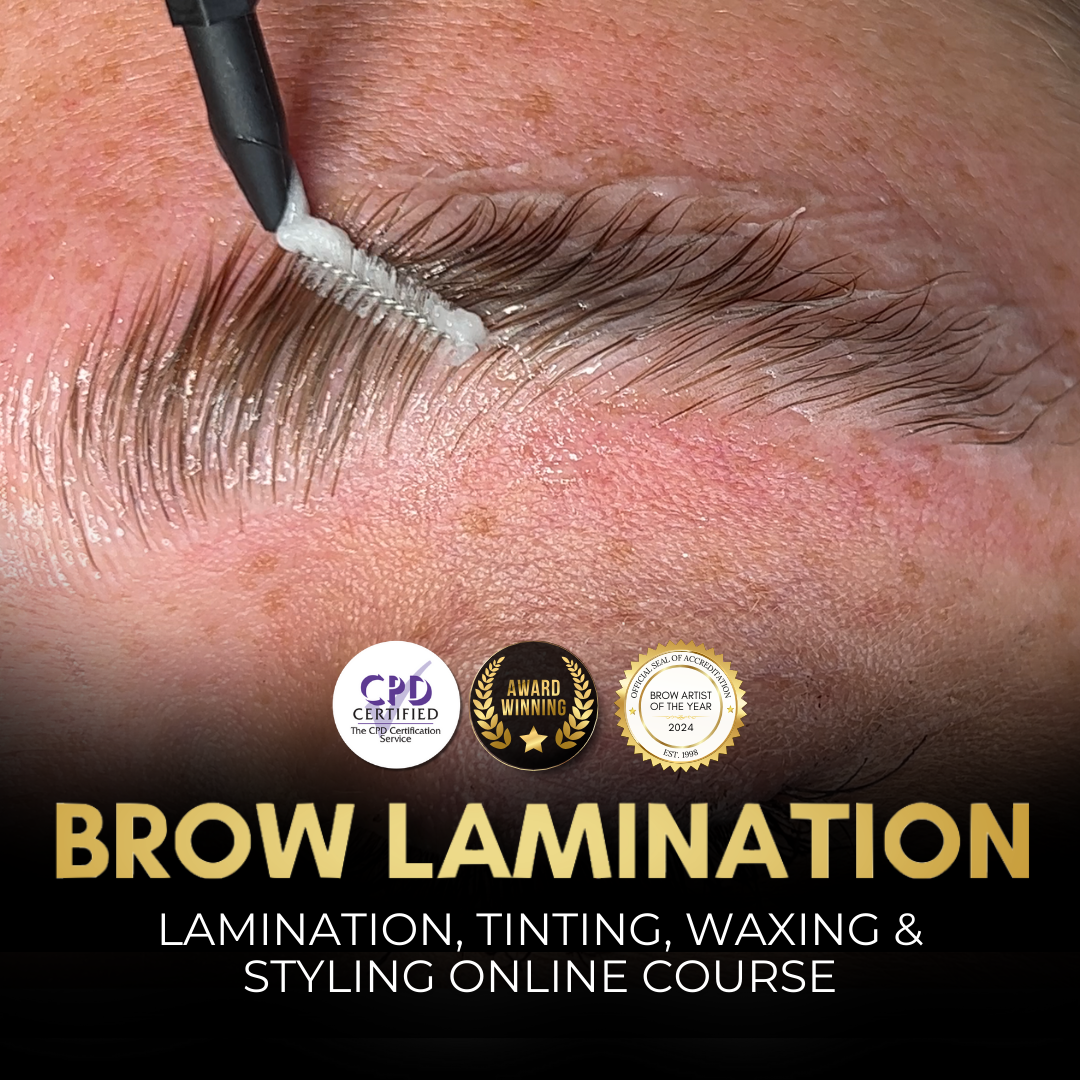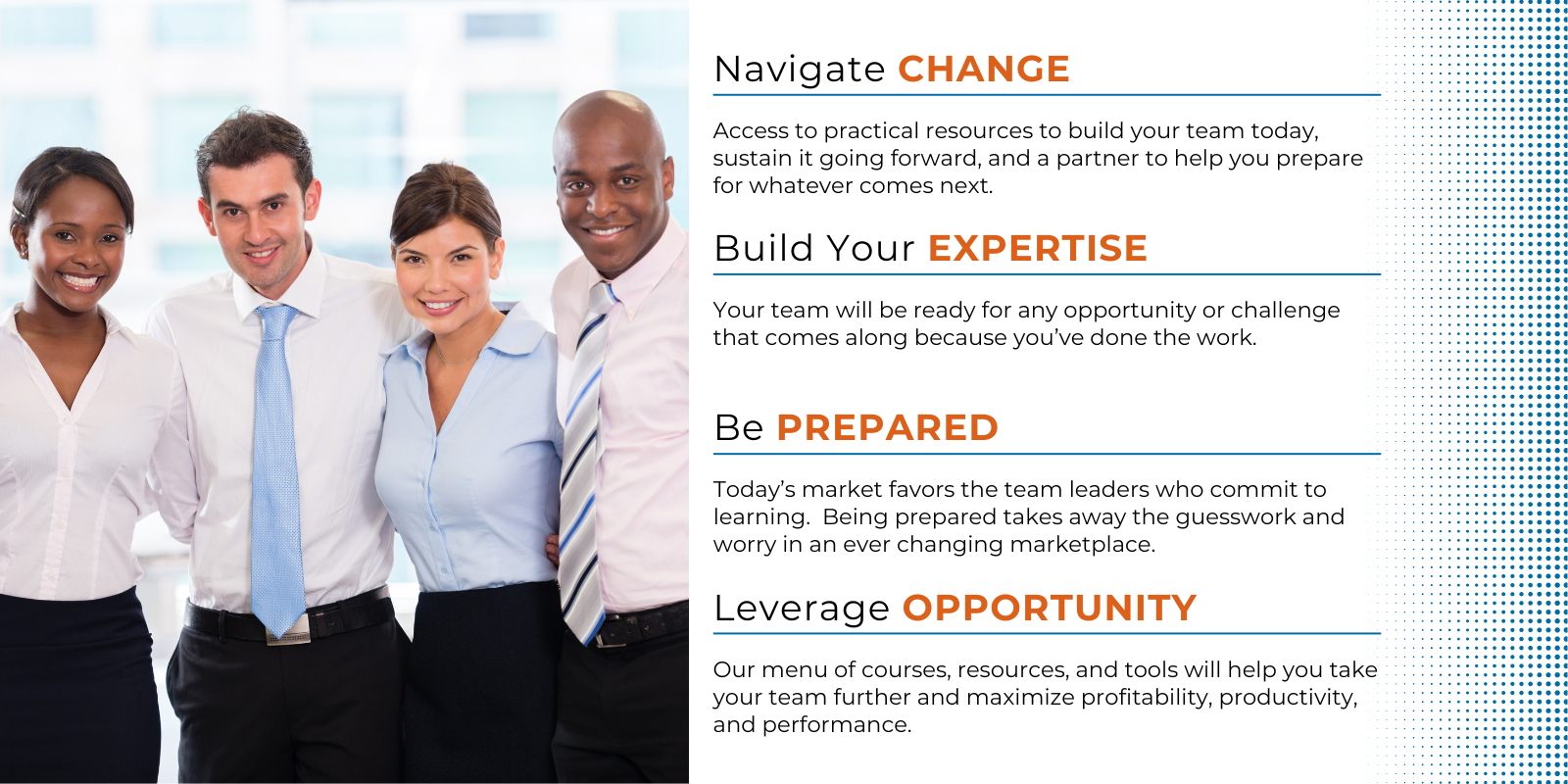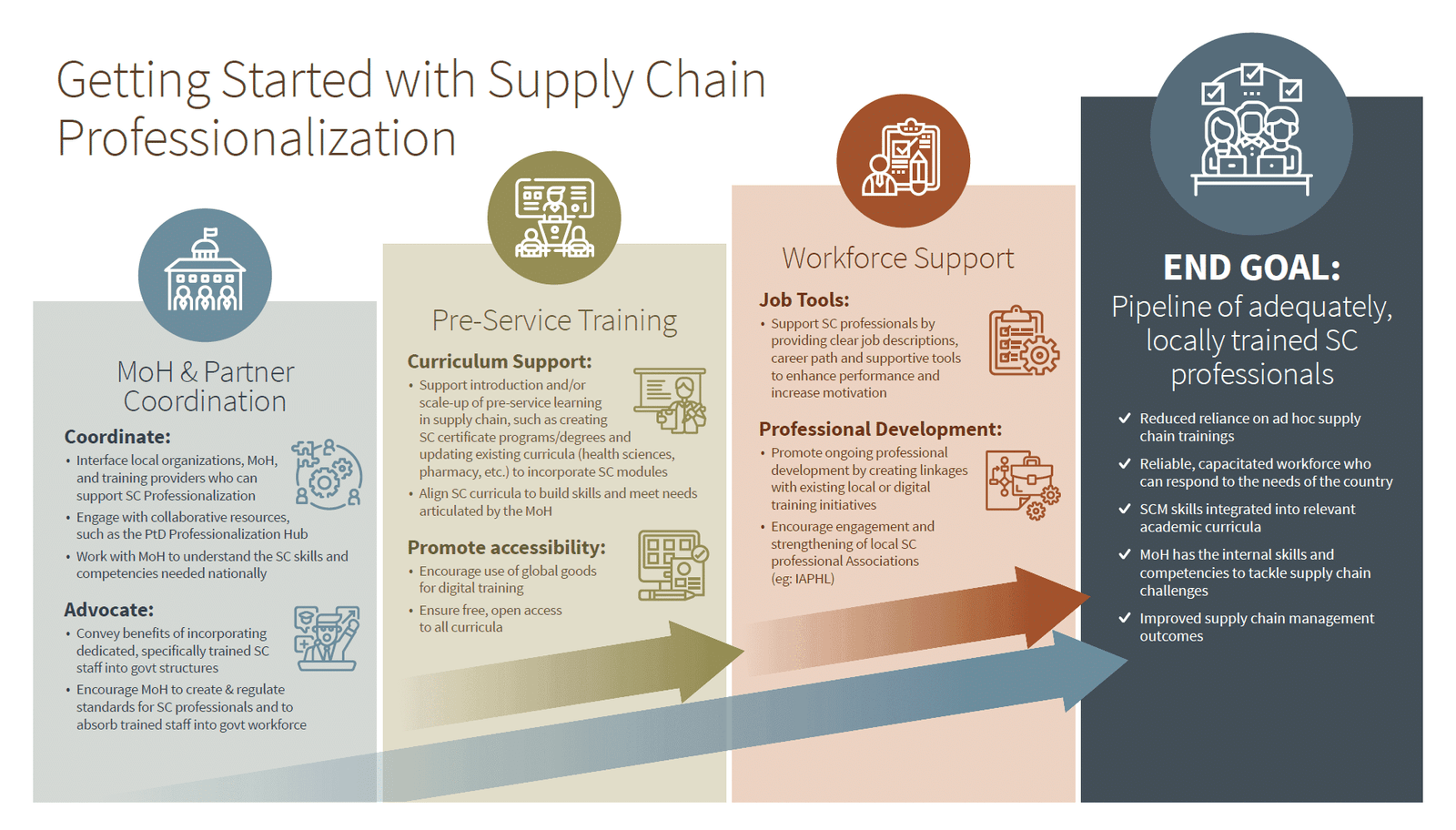To get started with certification and skill development tools, first identify your goals. Then, research and choose the right tools for your needs.
Certification and skill development are crucial for career growth. Begin by setting clear goals. Knowing what you want to achieve helps you pick the right tools. Look for online courses, apps, or workshops that match your goals. Many websites offer free or paid courses.
Choose the ones with good reviews and industry recognition. Start with basic courses and move to advanced levels. Join forums or groups to connect with others. Practice regularly to improve your skills. Track your progress and stay updated with new trends. This approach ensures continuous learning and development.

Credit: www.instagram.com
Choosing The Right Certification
Choosing the right certification is crucial for your career advancement. It ensures you gain relevant skills and meet industry standards. This section will guide you through the essential considerations.
Industry Requirements
Understanding industry requirements is vital. Different industries have unique certification standards. Research the certifications that are highly valued in your field. For instance, IT professionals might need certifications like CompTIA or Cisco. Healthcare professionals might require certifications like CPR or specific medical licenses. Knowing the required certifications helps you stay competitive.
| Industry | Recommended Certifications |
|---|---|
| Information Technology | CompTIA, Cisco, Microsoft |
| Healthcare | CPR, Medical Licenses |
| Project Management | PMP, PRINCE2 |
Personal Career Goals
Your personal career goals should align with your chosen certification. Define your career aspirations clearly. Do you aim to become a project manager? Consider certifications like PMP or PRINCE2. Are you looking to specialize in network security? Certifications such as CISSP or CEH might be ideal. Aligning your certifications with your career goals helps you stay focused and motivated.
- Identify your career objectives.
- Research certifications aligned with your goals.
- Evaluate the certification’s relevance to your career path.
- Consider the time and cost investment required.
With the right certification, you can pave the way for a successful career. Make informed decisions based on industry needs and personal goals.

Credit: thedetailist.co.uk
Popular Certification Bodies
Certification and skill development are crucial for career growth. Let’s explore popular certification bodies that can help you boost your credentials.
Professional Organizations
Professional organizations offer industry-recognized certifications. These bodies are respected and provide valuable credentials.
- Project Management Institute (PMI): Offers the PMP certification. Ideal for project managers.
- CompTIA: Provides certifications like A+, Network+, and Security+. Great for IT professionals.
- International Information System Security Certification Consortium (ISC)²: Known for the CISSP certification. Perfect for cybersecurity experts.
- Society for Human Resource Management (SHRM): Provides SHRM-CP and SHRM-SCP. Essential for HR professionals.
Online Platforms
Online platforms offer flexible learning and certifications. These platforms are accessible and convenient.
| Platform | Certifications Offered |
|---|---|
| Coursera | Google IT Support, IBM Data Science |
| edX | Harvard’s Data Science, MIT’s Blockchain |
| Udemy | Web Development, Digital Marketing |
| LinkedIn Learning | Leadership, Project Management |
Both professional organizations and online platforms provide excellent certification opportunities. Choose the one that aligns with your career goals.
Skill Development Tools
Skill development tools are essential for personal and professional growth. They help you learn new skills, improve existing ones, and stay competitive. These tools come in various forms and cater to different learning styles. Explore the options and find what works best for you.
E-learning Platforms
E-learning platforms offer a flexible way to learn new skills. You can access courses from anywhere at any time. Popular platforms like Coursera, Udemy, and LinkedIn Learning provide a wide range of topics.
These platforms often include video lectures, quizzes, and assignments. This interactive format keeps learners engaged and helps retain information.
- Coursera: Offers courses from top universities.
- Udemy: Wide variety of courses by industry experts.
- LinkedIn Learning: Integrates with your LinkedIn profile.
Most e-learning platforms provide certificates upon completion. These certificates can be added to your resume or LinkedIn profile. This demonstrates your commitment to continuous learning.
Workshops And Seminars
Workshops and seminars provide hands-on learning experiences. These events are often led by industry professionals. They offer practical skills that you can apply immediately.
Workshops are typically interactive, allowing you to ask questions and practice skills. Seminars may be less interactive but still provide valuable insights.
| Type | Features | Benefits |
|---|---|---|
| Workshops | Interactive, hands-on | Practical skills, immediate application |
| Seminars | Lecture-style, expert-led | In-depth knowledge, networking opportunities |
Attending workshops and seminars can also help you network with others in your field. Networking can lead to new opportunities and collaborations. This can further enhance your skill development journey.

Credit: www.rebinstitute.com
Creating A Study Plan
Getting started with certification and skill development tools can seem challenging. But, with a clear study plan, you can stay organized and focused. A study plan helps you track progress and achieve your goals efficiently.
Setting Goals
First, define your certification and skill development goals. Clear goals provide direction and motivation. Write down your goals and be specific.
- What skills do you want to gain?
- Which certifications are you targeting?
- Set a deadline for each goal.
For example, if you want to learn programming, set a goal to complete a course in three months. Having a tangible target keeps you on track.
Time Management
Effective time management is crucial. Allocate specific times for study sessions each week. Consistency is key to maintaining progress.
| Day | Study Time |
|---|---|
| Monday | 6 PM – 8 PM |
| Wednesday | 6 PM – 8 PM |
| Friday | 6 PM – 8 PM |
Use tools like calendars and reminders to stay on schedule. Break down your study sessions into manageable chunks to avoid burnout.
Utilizing Online Resources
Getting started with certification and skill development tools can be a game-changer for your career. Utilizing online resources is a smart way to begin this journey. These resources offer flexibility, variety, and accessibility, making it easier to develop new skills and gain valuable certifications.
Webinars And Tutorials
Webinars and tutorials are excellent online resources for learning new skills. These sessions are often led by industry experts and offer in-depth knowledge on specific topics. You can find webinars on platforms like YouTube, LinkedIn Learning, and Udemy.
- Interactive Learning: Webinars often include Q&A sessions where you can ask questions.
- On-Demand Access: Many webinars and tutorials are recorded, allowing you to watch them at your convenience.
- Cost-Effective: Many platforms offer free or low-cost webinars and tutorials.
Participating in these sessions helps you stay up-to-date with the latest trends and techniques in your field.
Community Forums
Joining community forums is another valuable online resource for skill development. These forums are platforms where you can engage with others who share your interests.
| Forum | Benefits |
|---|---|
| Large community, diverse topics, active discussions. | |
| Stack Overflow | Technical help, coding solutions, peer support. |
| Quora | Expert answers, wide range of subjects, community votes. |
Being active in these forums allows you to:
- Ask questions and get answers from experienced professionals.
- Share your knowledge and help others.
- Stay updated with industry news and trends.
Community forums foster a collaborative learning environment that accelerates skill development.
Tracking Your Progress
Tracking your progress in certification and skill development is crucial. It helps you stay motivated and ensures you are on the right path. Using tools to track your progress provides valuable insights and helps you identify areas for improvement. This section covers two effective methods for tracking your progress: self-assessment and professional feedback.
Self-assessment
Self-assessment is a powerful tool for tracking progress. It allows you to evaluate your own skills and knowledge. Here are some ways to perform self-assessment:
- Set clear goals: Define what you want to achieve. Make sure your goals are specific, measurable, achievable, relevant, and time-bound (SMART).
- Use checklists: Create a checklist of skills and topics. Mark off items as you master them.
- Take practice tests: Practice tests help you gauge your understanding. They provide immediate feedback on your performance.
- Reflect regularly: Spend time reflecting on your progress. Identify areas where you excel and areas that need improvement.
Professional Feedback
Getting feedback from professionals can be invaluable. It provides an external perspective and helps you identify blind spots. Consider the following methods for obtaining professional feedback:
- Seek mentorship: Find a mentor in your field. A mentor can offer guidance and constructive criticism.
- Join study groups: Collaborate with peers. Group studies foster knowledge sharing and provide diverse feedback.
- Attend workshops: Participate in workshops and training sessions. These events often include assessments and feedback from experts.
- Request performance reviews: If you are employed, ask for regular performance reviews. Your employer can provide valuable insights into your progress.
Tracking your progress through self-assessment and professional feedback ensures continuous improvement. It keeps you motivated and helps you achieve your certification and skill development goals.
Maintaining Certifications
Maintaining certifications ensures your skills stay current and relevant. Regular updates and renewals show dedication to your profession. Here, we explore key aspects of keeping your certifications valid.
Continuing Education
Continuing education is crucial for maintaining certifications. You need to engage in ongoing learning. This helps you stay updated with new industry trends and technologies.
- Attend workshops and seminars.
- Participate in webinars and online courses.
- Read industry-related books and articles.
Many certification bodies have specific requirements. They might ask for a certain number of hours of continuing education. Make sure you know these requirements to keep your certification valid.
Recertification Processes
Recertification processes can vary by industry. Knowing the specific steps is essential. Here are some common recertification methods:
- Submit proof of continuing education.
- Pass a recertification exam.
- Complete a professional development portfolio.
Some certifications require a combination of these methods. For instance, you might need to pass an exam and show proof of continued education. Check your certification body’s guidelines to understand the exact process.
It’s important to track your progress. Keep a record of all your learning activities. This can include:
| Activity | Date | Hours Earned |
|---|---|---|
| Webinar on Industry Trends | March 2023 | 2 hours |
| Workshop on New Tools | June 2023 | 5 hours |
| Online Course on Advanced Skills | September 2023 | 10 hours |
These records help when it’s time for recertification. They provide proof of your dedication to skill development and learning.
Frequently Asked Questions
What Are Certification And Skill Development Tools?
Certification and skill development tools help individuals gain new skills and validate their expertise. They offer structured learning paths and assessments. These tools are essential for career growth and staying competitive in the job market.
How Do I Choose The Right Certification Tool?
To choose the right certification tool, consider your career goals and industry requirements. Research various tools, read reviews, and check their accreditation. Ensure the tool offers relevant courses and credible certification.
Are Online Certifications Recognized By Employers?
Yes, many employers recognize online certifications, especially from reputable platforms. Online certifications demonstrate your commitment to learning and skill development. They can enhance your resume and improve job prospects.
Can Certification Tools Help With Career Advancement?
Yes, certification tools can significantly help with career advancement. They provide new skills and knowledge. Certifications can make you more competitive and open up new job opportunities.
Conclusion
Starting with certification and skill development tools can boost your career. These tools offer valuable knowledge and enhance your qualifications. Take small steps and stay consistent. Remember, practice and patience are key. Invest in your growth and watch your skills flourish.
Happy learning!





